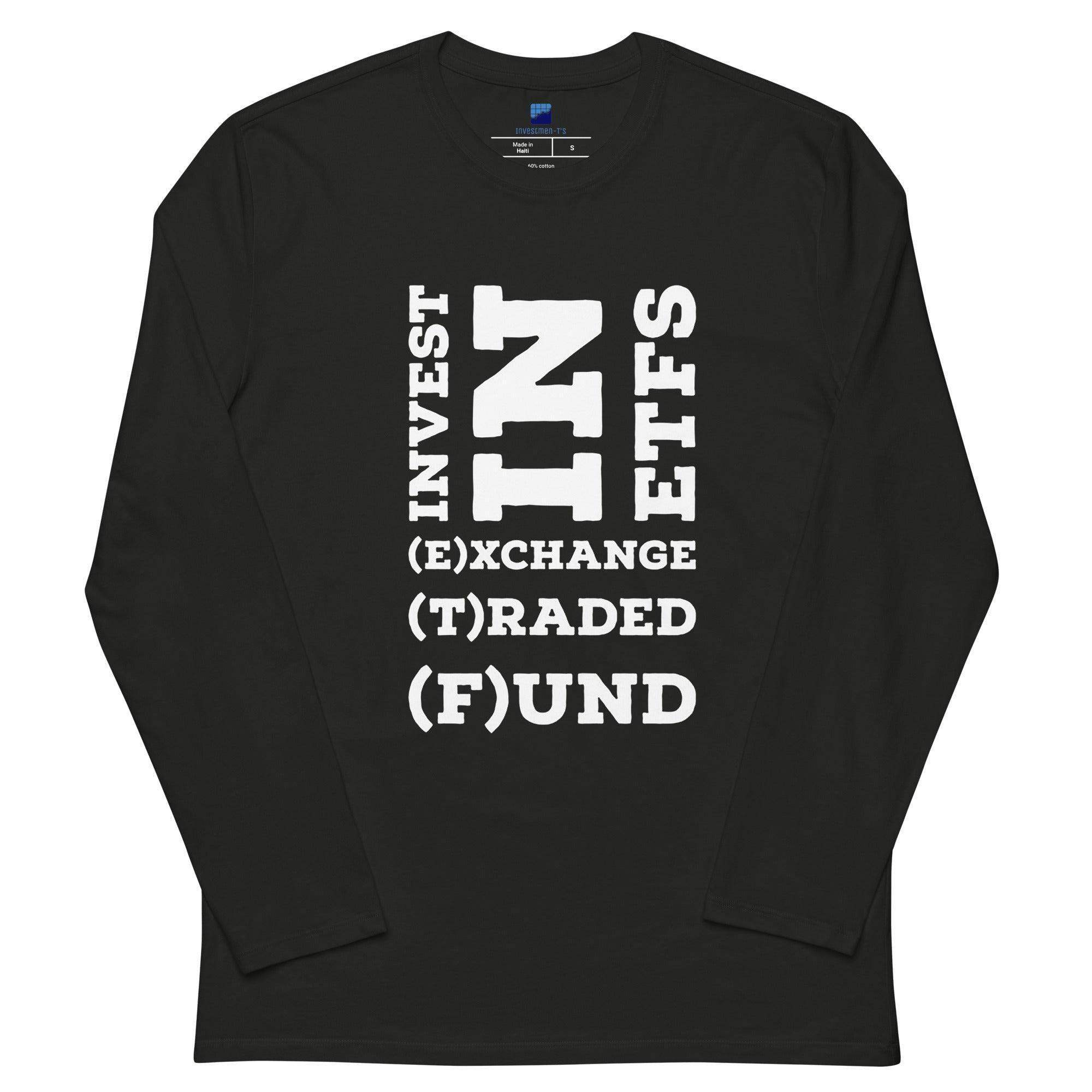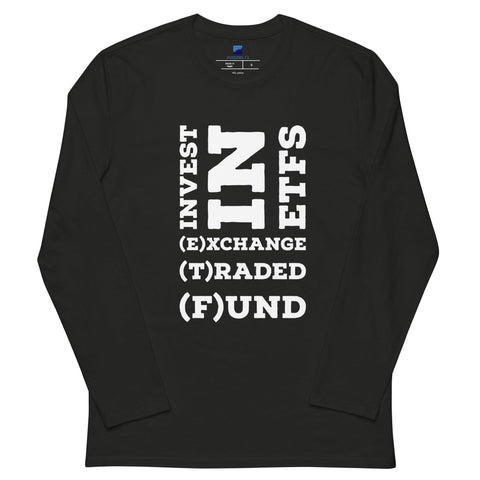
3 Major Types of Securities
3 Security Types
Stocks, ETFs, and index funds are three different types of securities that individuals can invest in as part of a diversified portfolio.
Stocks
Stocks represent ownership in a company and are bought and sold on stock exchanges. When you own a stock, you own a small portion of the company and are entitled to a portion of its profits, as well as a say in important decisions through voting rights at shareholder meetings. Stocks can offer the potential for high returns, but also come with higher risk.
Exchange-Traded Funds (ETFs)
Exchange-traded funds (ETFs) are a type of investment fund that holds a basket of securities, such as stocks, bonds, or commodities. ETFs are traded on stock exchanges, just like individual stocks, and offer investors exposure to a diverse portfolio of assets. ETFs can offer a lower cost and more efficient way to invest in a basket of securities compared to buying individual stocks.
Index Funds
Index funds are a type of mutual fund that seeks to track the performance of a specific market index, such as the S&P 500. The fund holds a diverse portfolio of securities that are included in the index, and the fund's returns are meant to match the returns of the index it is tracking. Index funds offer low costs and diversification, as they hold many different stocks within a single fund.
The main differences between stocks, ETFs, and index funds are as follows:
Ownership:
When you buy a stock, you own a piece of the company. When you buy an ETF or an index fund, you don't own a piece of each company in the fund, but rather a share of the entire fund.
Diversification:
Stocks offer limited diversification, as you only own a portion of one company. ETFs and index funds offer greater diversification, as they hold many different securities within a single fund.
Trading:
Stocks and ETFs are both traded on stock exchanges and can be bought and sold throughout the trading day. Index funds are bought and sold at the end of the trading day at their net asset value (NAV).
Cost:
Index funds generally have the lowest costs, as they simply track an index and don't require active management. ETFs can also be low cost, but some may have higher fees due to their active management or specialized holdings. Stocks can be more expensive to trade, as you must pay a commission to buy and sell each individual stock.
Conclusion
Each type of security has its own unique characteristics and trade-offs. Stocks offer the potential for high returns but also come with higher risk. ETFs and index funds offer greater diversification and lower costs, but may have lower potential returns. When considering which type of security to invest in, it's important to consider your individual investment goals, risk tolerance, and overall financial situation.
Use Code "BLOG" to receive 20% On Your Next Purchase!





Leave a comment
This site is protected by hCaptcha and the hCaptcha Privacy Policy and Terms of Service apply.